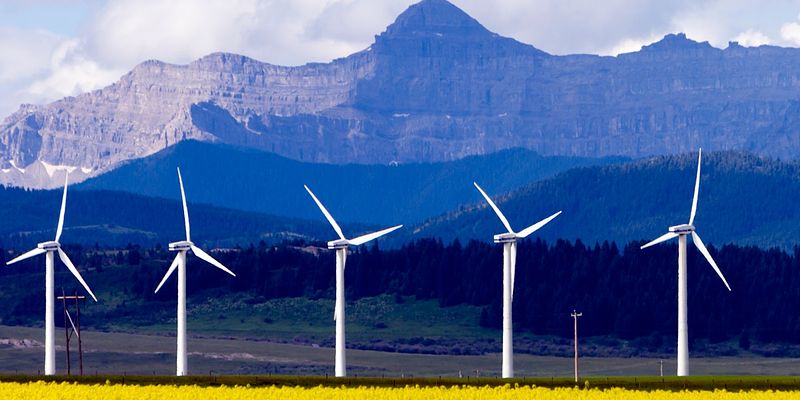
Just the facts
Land-Use Competition between Biodiversity and Net Zero Goals
Category: Business,
2025-06-04 07:00
A report by the International Energy Agency analyzes how efforts to achieve both biodiversity conservation and net zero emissions targets are creating competition for land use. The agreement at COP28 to triple renewable energy capacity by 2030 is expected to significantly impact global land management and planning.
A recent report by the International Energy Agency (IEA) examines the growing competition between biodiversity conservation and net zero emissions goals in the context of land use. As countries strive to meet global energy, climate, and biodiversity targets, land management decisions are becoming increasingly complex. At the 28th United Nations Climate Change Conference (COP28) held in 2023, nearly 200 countries agreed to a target of tripling renewable energy capacity by 2030. This ambitious goal is anticipated to have a substantial impact on how land is allocated and managed worldwide. Expanding renewable energy infrastructure, such as solar farms, wind turbines, and bioenergy crops, often requires significant land areas, which can overlap with regions important for biodiversity. Balancing these competing priorities will require integrated planning and policy coordination to ensure that progress toward net zero emissions does not come at the expense of biodiversity conservation. The IEA report highlights the need for careful assessment of land-use trade-offs and the development of strategies that support both climate and biodiversity objectives.
Source parameters
Source scores
Importance: 80%
Interest: 75%
Credibility: 95%
Propaganda: 2%
Removed emotions: 1